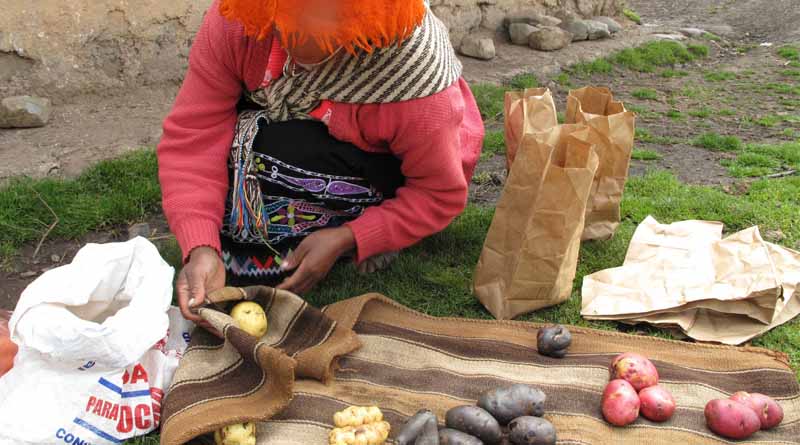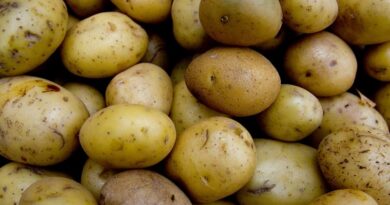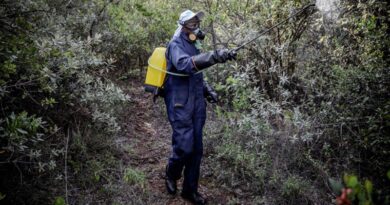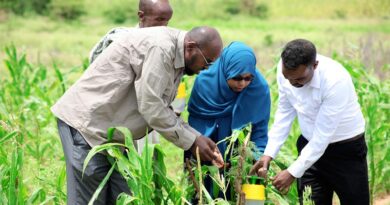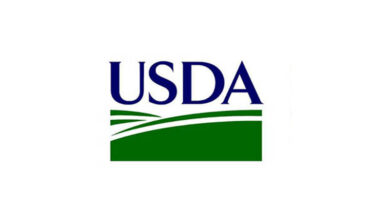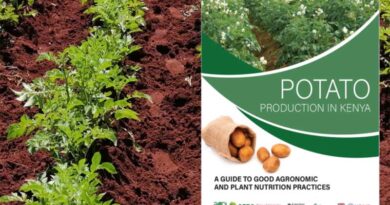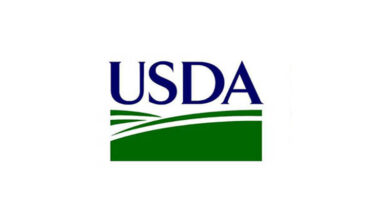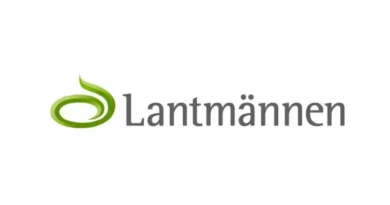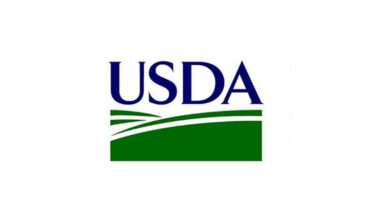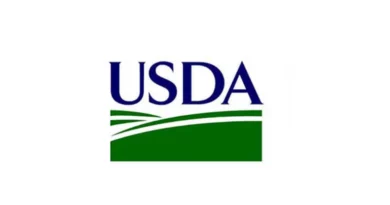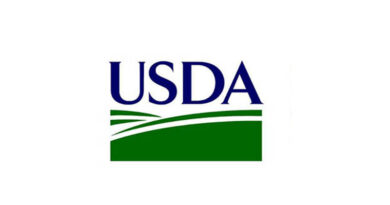FAO Guide to New International Day of Potato Sets Scene for First-ever Observance on May 30
16 April 2024, Rome: As the world prepares to celebrate the first-ever International Day of Potato next month, the Food and Agriculture Organization of the United Nations is shining a spotlight on the enormous importance of this crop that feeds billions of us and on the further potential to be tapped.
FAO recently published a guide to the new International Day, which is to be observed on May 30 with the theme of “Harvesting Diversity, Feeding Hope.” It will underscore the importance of the crop in combating hunger and poverty and addressing environmental threats to agrifood systems.
The International Day will also highlight the roles of small-scale family farmers, a significant proportion of whom are women, in safeguarding the crop’s diversity as well as celebrating the potato’s cultural and culinary importance.
Originating in the Andes Mountains, potato was known as the “flower of ancient Inca civilization”, for whom it was a staple crop. Potato was introduced to Europe in the 16th century, from where it spread to the rest of the world subsequently. In just five centuries, potato has become a key food crop for farmers and consumers across the globe.
“When the general public hear of potatoes what comes to their mind firstly might be french fries or potato chips which are not necessarily the healthiest way of consuming potatoes,” says FAO agronomist Makiko Taguchi. The International Day will also serve to showcase different healthier ways of preparing and consuming potatoes, “which links to varietal diversity because certain varieties are more nutritious,” she adds.
Diversity Crucial
Another reason why maintaining the diversity of potato is crucial, is that over-reliance on a few varieties increases vulnerability to pests and diseases and the impacts of climate change. Conserving the wild varieties, even though they may not be palatable to humans, is also critical because their heritable traits can be used to increase the resilience and nutritional qualities of cultivated varieties through plant breeding.
FAO’s work on the potato encompasses support for farmers and Indigenous Peoples to build capacity in managing common diseases such as Late Blight and fostering innovative solutions to grow potatoes with minimal resources and promoting cooperation with diverse actors along the crop’s value chain.
Calls to Action
The booklet makes us aware of what each of us can do to promote sustainable potato production and consumption.
Among the various actions, governments and international bodies can create an enabling environment, support research and strengthen the crop’s value chain, including through the development of cold storage and quality seed multiplication and distribution. Food businesses can be more innovative, make nutritious potato products available for consumers and minimize waste. Parents and educators can encourage healthy eating habits among the young and where culturally appropriate, include locally sourced potatoes in meals at school and home. Civil society can organize community events that celebrate the cultural significance of potatoes and help develop fair and profitable potato value chains.
Facts and Figures
- With around 5 000 varieties, the diversity of potatoes plays a vital role in global food security and nutrition and in helping it adapt to different environments and tackling climate change.
- As the third most consumed food crop globally, after rice and wheat, potatoes are a staple in the diets of billions, forming an element in the diet of some two-thirds of the global population.
- Despite a 17 percent decrease in the global potato area from 2000 to 2020, total production increased by 11.25 percent thanks to improved varieties and agronomic practices.
- A total of 159 countries in the world have potato crops on a total of 17.8 million hectares. 374 million tons of potato are produced in the world annually.
- A 12 000-hectare potato park in the Peruvian Andes is one of the few conservation initiatives in which Indigenous Peoples are managing their potato genetic resources and thereby protecting traditional knowledge.
Also Read: ADAMA Launches New Cereal Fungicide Maganic®
(For Latest Agriculture News & Updates, follow Krishak Jagat on Google News)

